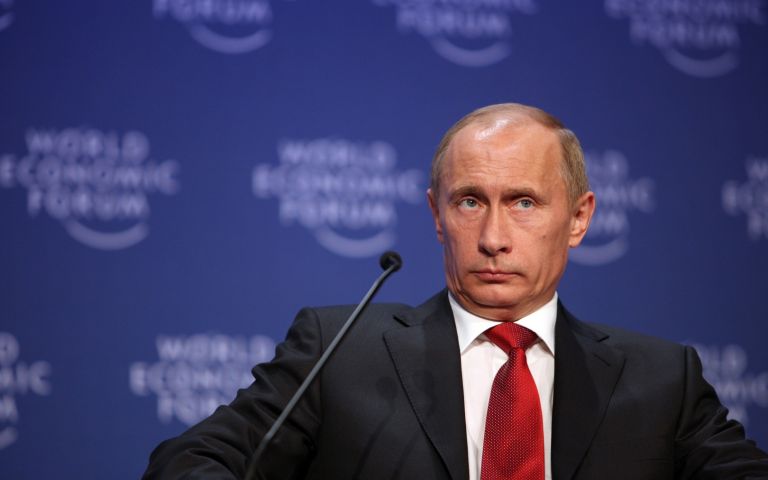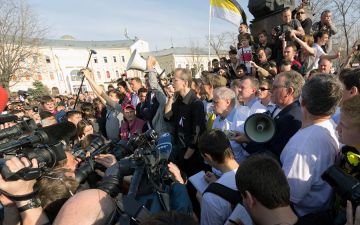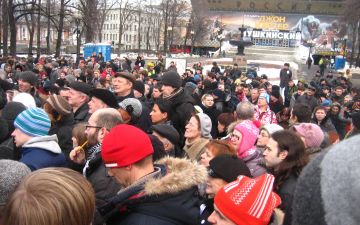After contested parliamentary elections in December 2011, Russia has seen the largest wave of opposition activism and street politics since the collapse of the Soviet Union. The country’s middle class is speaking out against what they see as the cynicism, corruption, and heavy-handedness of Vladimir Putin and the government over which he presides. Tens of thousands have gathered in anti-Putin demonstrations in the center of Moscow.
In response, the Kremlin has made some concessions to the protesters, but, at least so far, has not made any significant steps toward liberalizing the country’s political culture. Putin is seeking another term in office, with no real opponents challenging him on the ballot. The country’s presidential election, scheduled for early March, will serve as a referendum for the changes—for better or worse—Putin has brought to Russia in his more than decade in office and will test the Russian public’s appetite for more of the same.
The Putin years have been momentous ones for Russia: The country experienced dramatic economic growth, bringing untold consumer freedoms to millions, while an oil and gas windfall and tough diplomacy allowed Russia to regain its place as a world power. But other political and personal freedoms narrowed. The question for Putin—and for the whole of Russia—will be how much the Russian people measure those freedoms and to what extent they are willing to agitate for them at the ballot box and in the streets.





